Natural Pond and Roof Water
dirty_fingers_325
16 years ago
Featured Answer
Sort by:Oldest
Comments (19)
jmorris271 Morris
16 years agojmorris271 Morris
16 years agoRelated Discussions
building large natural pond
Comments (2)Since I don't know much about your hill, I can't guess if you have a spring or not. I can tell you that during the January melt one year in Wisconsin, our house, which was built into a hillside, was flooded because some dolt dumped refuse at the end of our drainage ditch that ran across the entire back of the house. Check out the drainage behind your hillside. It might not be a spring at all. Your local DNR may know where the seepage is coming from. The local topography maps published about 12 years ago could be very helpful....See Morebuilding a Natural Swimming Pool / clay bottom swimming pond
Comments (10)Really neat. I live in Flour Bluff on the east side of Corpus Christi, and I am wanting to build a natural pond in my sandy backyard using clay and then lining the bottom with white rock and limestone. I want to make the pond look like the Comal River in New Braunfels ( a natural spring fed river) and plant it and stock it with plants and fish from the river. I live in a Zone 10A climate (nearly tropical) with an average annual low of about 31F. I have a tropically landscaped backyard, and I think having a natural spring looking pond would be awesome underneath my jungle canopy I am starting to grow in the backyard. I would like to make the pond about 10 - 12 feet long, about 8 ft. wide and about 4. 5 - 5 ft. deep. with a small waterfall and filtration for the fish and aquatic life. I would like to power this with a small solar panel attached to the fence or the roof of the house (where it can get some sunlight). Any suggestions? Thanks, John...See MoreNatural fish pond water to garden pond water?
Comments (1)Well, if you are going to just use the 2.5 acre pond to "fill" your garden pond it won't be too big of an issue. However, if it is going to continually be used to power the waterfall etc (IE a big loop) you will infact be filtering the ENTIRE 2.5 acre pond. I doubt that would be effective, or cost efficient. I think you need to have 2 systems both closed off from one another....See MoreHow late in the year to water from natural pond?
Comments (2)Don't worry about it. Do the Hosta in China, Korea, and Japan have the streams turned off in August? I don't mean to be offensive. I have a tendancy to over pamper my hosta as much as the next person and have to keep reminding myself that this Genus of plants have been on this earth long before gardeners. (lol) Les...See Moresleeplessinftwayne
16 years agoPKponder TX Z7B
16 years agosleeplessinftwayne
16 years agoPKponder TX Z7B
16 years agosleeplessinftwayne
16 years agokcmojoe
16 years agolucygreenthumb
16 years agosleeplessinftwayne
16 years agosilent1pa
16 years agosleeplessinftwayne
16 years agokeithw
16 years agodirty_fingers_325
16 years agoyoureit
16 years agodampflippers
16 years agodampflippers
16 years agodiyguy
16 years ago
Related Stories
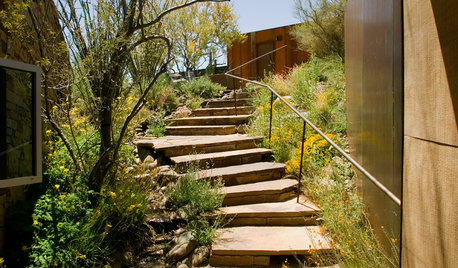
ARCHITECTUREHouzz Tour: A Pond House in the Arizona Desert
With water in the back and a descent to get in, this skillfully designed modern home keeps its cool in the Southwestern sun
Full Story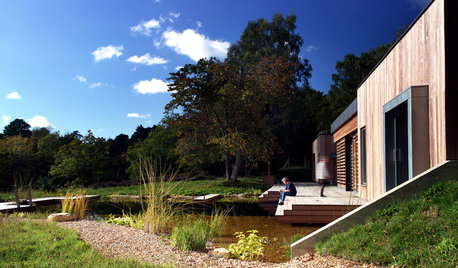
MODERN HOMESHouzz Tour: Nature and Efficiency Inspire a Woodland Home
This English design plays up simplicity, natural light and its spectacular forest setting
Full Story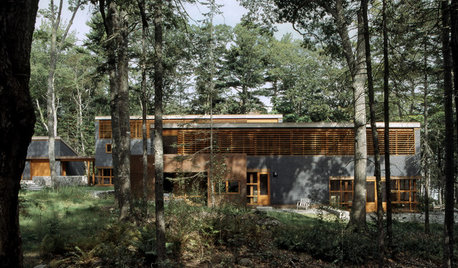
ARCHITECTURE'Houses of Maine' Puts Modernism in Its Place — in Nature
Set in the meadows and woods of Maine, the homes in this book give modern architecture a natural context
Full Story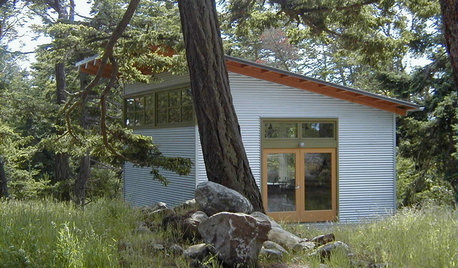
VACATION HOMESHouzz Tour: 3 Small Buildings Maximize Nature Views
This Washington artist's island trio treads lightly on the land, opens up to water and forest vistas, and offers privacy
Full Story
FEEL-GOOD HOMEDesigning for Pleasure: Savor Your Natural Surroundings
Homes that allow us to experience the land, light, wind and water put us in touch with our primitive comforts
Full Story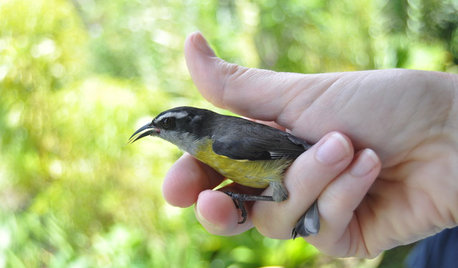
GARDENING FOR BUTTERFLIESBring on the Birds: Natural Habitat Ideas for Gardens of All Sizes
Provide nesting, watering and perching spots inspired by the Costa Rican jungle and watch the birds flock on over
Full Story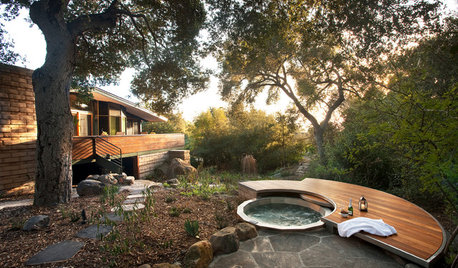
GARDENING AND LANDSCAPING12 Naturally Beautiful Hot Tubs
Prefer a no-plastic look for your patio or yard? Wood, stone and concrete make these hot tubs fit right in with nature
Full Story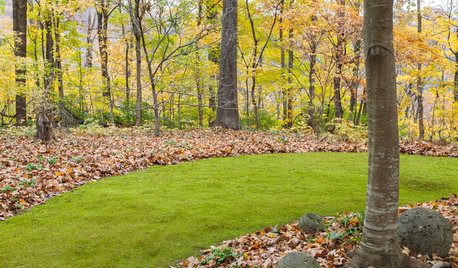
LANDSCAPE DESIGNMoss: Nature’s Carpet for the Garden
Learn how to grow and use this ancient and mysterious natural wonder for delightful texture in the landscape
Full Story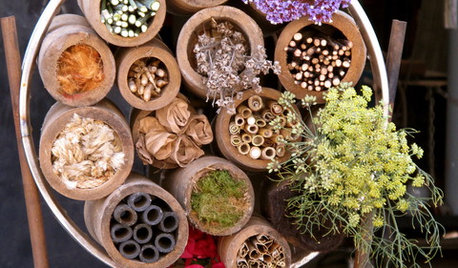
URBAN GARDENSGardeners Champion Nature's Cause in the City
Garden advocates and artists in San Francisco have joined forces to find creative ways to bring nature back into the urban landscape
Full Story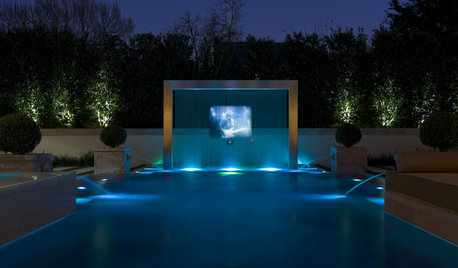
GARDENING AND LANDSCAPING8 Pool Water Features That Venture Into Fantasy
Mimic a mermaid in a secret grotto, wade near a waterfall or pose by a pond. These pool designs let imagination take the lead
Full Story


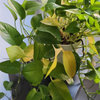
keithw